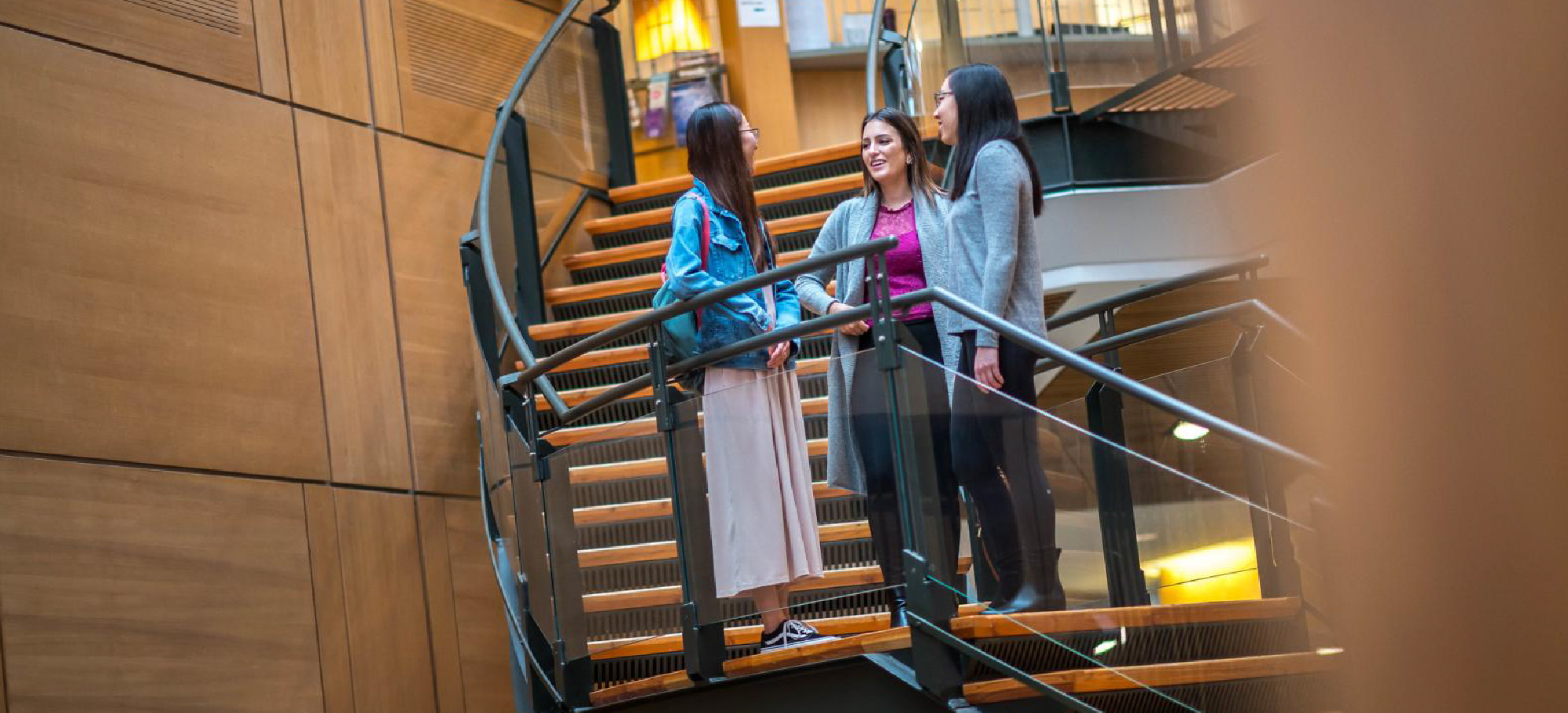The original version of this article can be found at UBC Sustainability.

Dr. Tamara Etmannski is helping lead a new curriculum initiative that integrates carbon literacy and climate-responsive design into engineering education.
As climate change intensifies extreme weather events and environmental disruptions, the engineering profession is being called upon to respond with systemic, forward-thinking solutions. That demand is now shaping how future civil engineers are trained at UBC.
Dr. Tamara Etmannski, Assistant Professor of Teaching in UBC Civil Engineering, is co-leading a cross-faculty curriculum project to embed sustainability-focused, modular content into undergraduate and graduate courses. In collaboration with Caren Lombard (UBC Sauder) and Dr. Qingshi Tu (UBC Forestry), the project—Accounting for Climate Change—is expanding students’ access to experiential learning opportunities that prepare them to address real-world climate challenges.
“There’s a lot of learning around sustainability and climate change at a foundational level,” says Dr. Etmannski. “But not in a quantified way. Engineers are now expected to understand and apply carbon calculations—and connect them directly to their design decisions.”
Supported by the UBC Sustainability Hub’s Sustainability Education Fellows Program, the project focuses on developing open-source modules that introduce students to key tools such as carbon and greenhouse gas accounting, life-cycle analysis, and embodied carbon calculations.
Applied Learning Through Real Case Studies
Through the new curriculum, students will gain hands-on experience analyzing carbon emissions from real companies and infrastructure projects. These case studies help students link theory with practice, while honing essential skills like interdisciplinary communication and sustainability planning.
One example includes incorporating embodied carbon modules into existing civil engineering courses that focus on infrastructure and construction materials. Students learn how to quantify the environmental impacts of their design decisions—an increasingly important consideration across engineering disciplines.
A Flexible, Modular Approach
Instead of creating entirely new courses, the team is designing standalone modules that can be embedded into existing curricula. These short-form learning units—designed to be delivered over a week or even a single class—maximize student exposure while minimizing disruption to academic schedules.
“If we can get one week or even one class,” says Lombard, “we can actually reach more students that way.”
The modular format also opens doors for graduate students and industry professionals looking to upgrade their skills through micro-credentials or continuing education pathways.
Training Climate-Ready Engineers
By modernizing how climate content is delivered in engineering programs, Dr. Etmannski and her colleagues are helping position UBC Civil Engineering students as climate-literate, industry-ready leaders.
As industry expectations shift, this initiative ensures UBC graduates are equipped not only to meet those expectations—but to shape the future of sustainable design.
